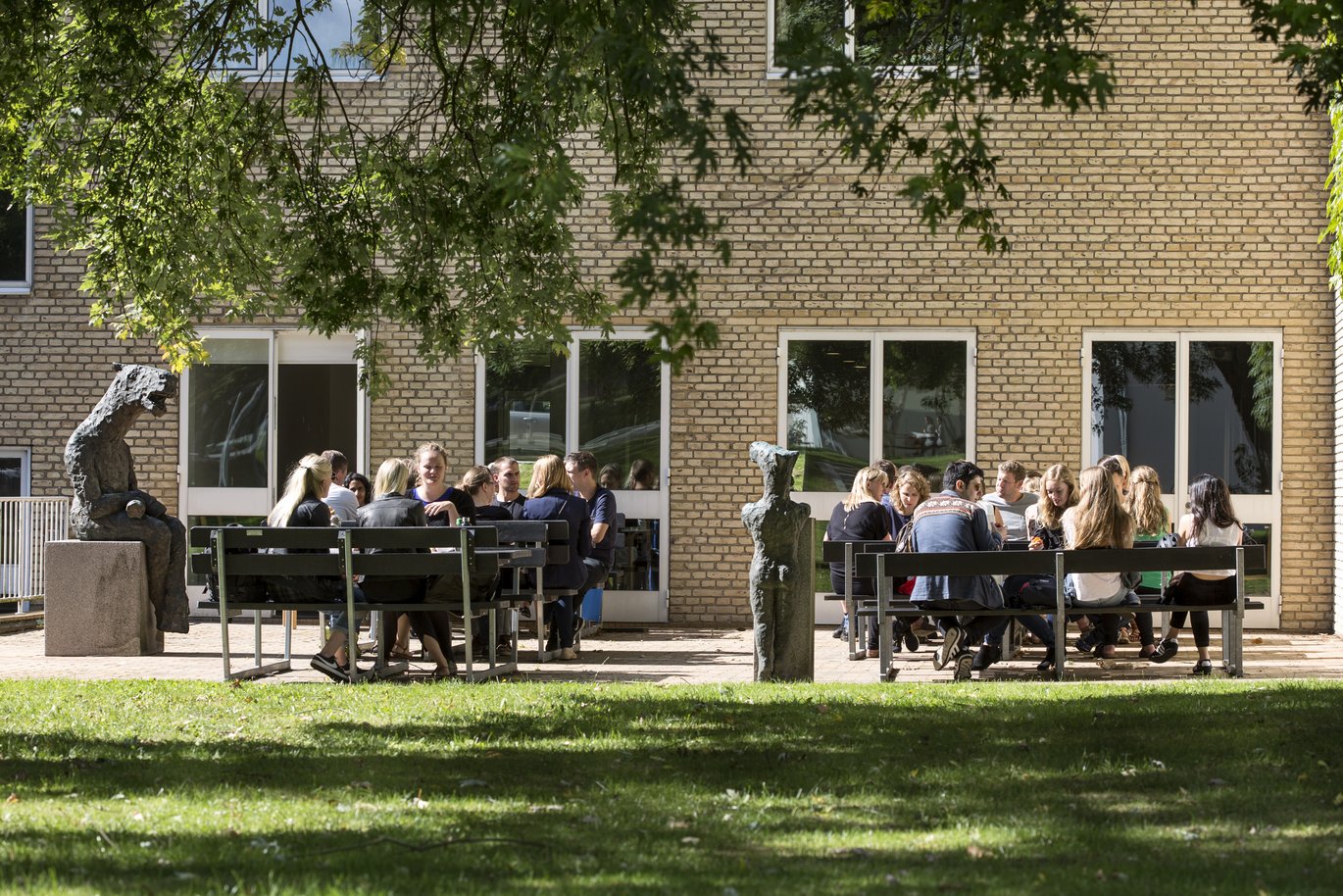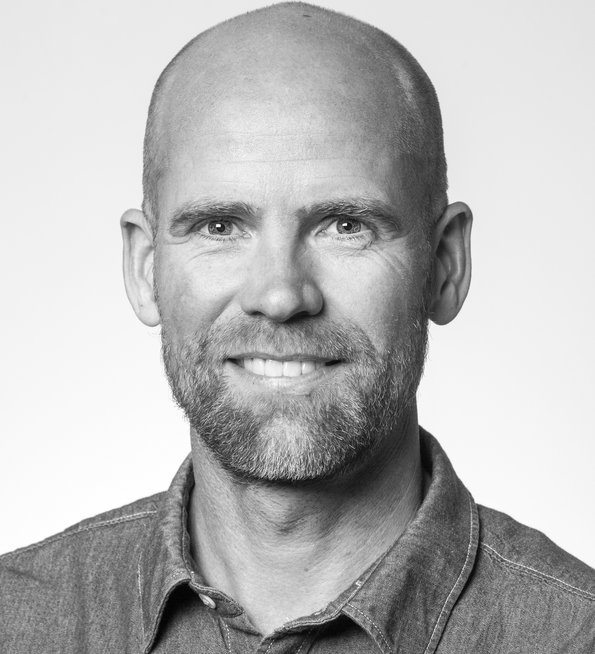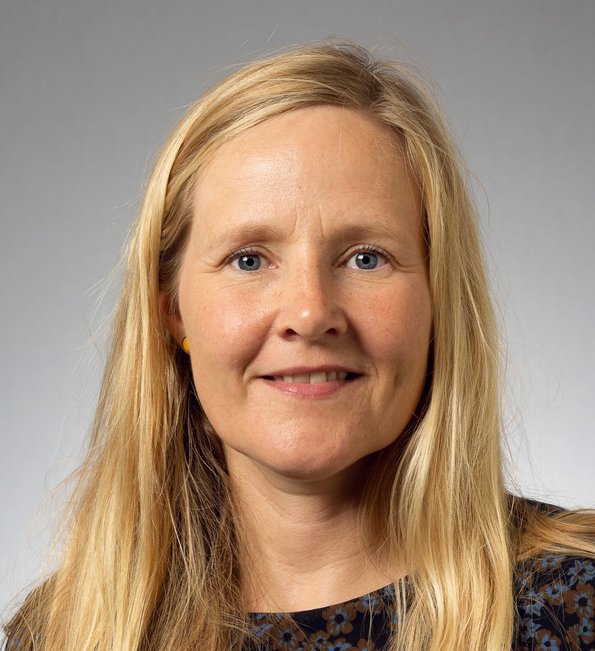Impressive report on degree programmes at Health
The report on Health degree programmes is out, and the conclusions are generally positive – all student places have been taken, employment after graduation is high, and new strategic initiatives have got off to a good start. Read the highlights of the report here.

![[Translate to English:] Simon Fischel, Health AU](/fileadmin/_processed_/6/b/csm_Lise_Wogensen_Bach_cecd7093a5.png)
Good quality, high demand and sustained positive development – these are some of the keywords from Health's degree programme report, which has just been published. The report takes stock of the quality of degree programmes at Health and builds on this year’s degree programme evaluations and status review meetings for 14 degree programmes in total.
Vice-dean for Education Lise Wogensen Bach is also very pleased with this year's report:
"It shows that here we offer high-quality degree programmes that lead to employment. But it also reflects our ability to develop and work on improving our degree programs. Two of the initiatives we can be proud of are our focus on digital health professionals and the new pedagogical-didactic approach, which launched last year."
In 2023, both Sport Science and Medicine underwent a degree programme evaluation, which also contributes to the background of the education report. At Sport Science, Director of Studies Kristian Raun Thomsen is pleased with the evaluation:
"It confirmed that we have a robust degree programme, and that we’re fundamentally aware of our strengths and weaknesses. We have a strong position with regard to students' academic and social well-being. Among other things, we're good at orientation week activities and bridge-building activities to help students establish contact with future employers.”
And even though the evaluation did not bring about significant surprises, there are still a few areas we can improve, says Director of Studies at Sport Science Kristian Raun Thomsen:
"We must and will continue our work on the didactic principles at Health. This will also help to strengthen academic relevance, coherence, and progression. Additionally, we’ll focus on how we can increase variation in teaching, so students are even more motivated to engage their own learning – and this will, of course, be spiced up with digitalisation and the use of artificial intelligence."
Among other things, the evaluation of the medical degree programme praised a development project, says Director of Studies Janne Lebeck:
"There was great support for our 'clinical reflection room', which aims to train students to share the challenges they encounter in their clinical work. This streamlines the transition from student to medical doctor in basic clinical training. We’ll start the pilot project in the spring of 2024, and I’m very much looking forward to seeing the results."
The evaluation also generated development ideas for the medical degree programme of the future, she says:
"In future, we’ll work to give the primary healthcare system a more prominent place in the degree programme, so that our students gain a better understanding of the role played by the primary sector, such as general practitioners, home care nurses and physiotherapists, in preventing and combating disease."
And even though both the programme evaluations and the report are largely highly positive, we should not rest on our laurels, says Lise Wogensen Bach:
"At Health, we have a major responsibility to educate our students for the working life and challenges they will face when they leave us. Therefore, we must also constantly keep up with developments – both in the digital reality and the healthcare reality in which they will be working. This is one of the reasons why it’s so important that they all gain an understanding of research, so that they can both acquire and critically access new knowledge throughout their career. Our students are on a lifelong educational journey, where they themselves are responsible for keeping up to date in their working lives. And we need to prepare them for that."


The headlines in Health's degree programme report:
This year's degree programme report concludes that all degree programmes at Health are in high demand by both applicants and employers. Among other things, all the student places in the 2022 intake were offered to first-choice applicants. The report also shows that the vast majority of graduates from Health transition directly from university to the workforce once they have obtained their degree.
The report is based on status review meetings for ten degree programmes and degree programme evaluations for four degree programmes. Both the status review meetings and the degree programme evaluations were chaired by the director of studies with participation by the vice-dean for education, student representatives, the head of department, the deputy head of department, the degree programme director, the head of studies administration and a representative from the Centre for Educational Development. In addition, external experts took part in the degree programme evaluations.
The report also shows:
Research and quality requirements:
Degree programmes at Health are very much anchored in strong research environments.
The programs meet the requirements for VIP coverage and confrontation hours.
Dropout Rates and Completion:
Degree programmes at Health generally have low dropout rates and high completion rates. However, Public Health Sciences have experienced a deviation with a dropout rate of 32%, equivalent to 16 out of a total of 50 students, indicating that dropout requires special attention and action. Overall, the study progression at Health is still good, and the same applies to study intensity, although it is slightly decreasing. Study intensity is measured by students' own assessment of their weekly study time.
The degree programmes are generally characterised by a positive study environment.
Pedagogical initiatives:
The report highlights implementation of initiatives such as introductory material for student advisers, integration on the first year of study, and academic reflection rooms allowing students to exchange experiences and learn from each other during the first semesters.
In 2023, it was introduced that the development of a teaching portfolio should henceforth be part of employee development discussions, which will strengthen the focus on the pedagogical and didactic competencies of the instructors.
Integration of Research and Learning Environment:
Health generally has strong focus on strengthening integration of research in teaching. The aim is to enhance student acquisition of study, academic and research competencies. There is a particular wish to strengthen students' ability to think critically and analytically and to reflect on knowledge development, so that they learn to work independently with the scientific process, and research methods and tools.
There are positive indications of higher teaching quality, as shown in teaching evaluations. On the majority of degree programmes at Health, students indicate that they are satisfied with the teaching.
Digital competency and business orientation:
Health has successfully implemented initiatives such as pedagogical competency development and digitally competent graduates. The initiative aims to ensure that Health's graduates are well-prepared for the job market that awaits them.
There has also been a strengthened focus on business-oriented project courses that enhance the connection to the job market. These and other initiatives support continued attention to strong labor market relevance and well-educated graduates.
Contact
Vice-dean of Education, Lise Wogensen Bach
Health, Aarhus University
Phone: +4525488522
Mail: lwb@au.dk